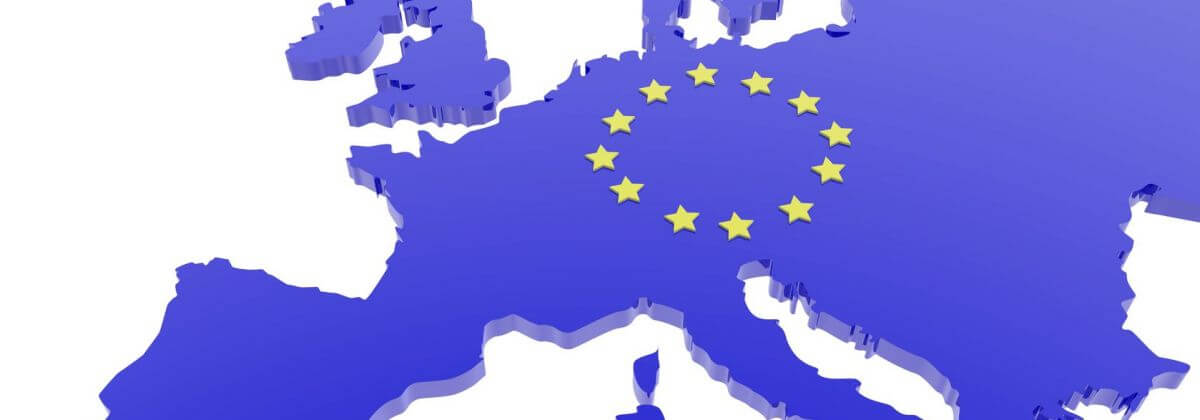Brexit and Immigration – time for some clarity on aims

By Lord Green of Deddington
Chairman of Migration Watch UK
Conservative Home, 30th November, 2016
It is now abundantly clear that some opponents of Brexit are seeking to use parliamentary procedures to delay and obstruct the forthcoming negotiations in the hope that they can engineer another referendum with a different result. Indeed, the Liberal Democrat leader has virtually said as much.
A much wider group are concerned about Parliament’s responsibility for scrutiny and for holding the Government to account. They call for the Government to set out their objectives and strategy in some detail before Parliament votes on triggering Article 50. But for the Government to do so before complex and probably very tough negotiations even begin is surely a dangerous course of action, particularly in respect of strategy.
Overarching objectives are a different matter. If they were framed in sufficiently neutral terms they would reveal nothing that the EU could not work out for themselves. They would, however, illustrate the ground to be covered and thus provide some reassurance to the public whose strong desire for a reduction in net migration played a decisive role in the referendum result.
Indeed, while the Government have already made it clear that UK immigration policy will be decided by the British Government, the extensive relationships with the continuing EU states that have been built up over decades make it sensible to reach an understanding on how each side intends to proceed.
With this in mind we are today publishing a paper setting out the approach that we recommend. Here are the ten key points:
1. That the rights of EU citizens already in the UK should be preserved provided that there is reciprocity for British citizens now living elsewhere in the EU. (So far, none of our EU partners has made any such formal statement).
2. Visa free access should be preserved for EU tourists, genuine students, business visitors and the self-sufficient (such as pensioners) as they do not compete for work and have little impact on the permanent population. This too must be reciprocal.
3. Genuine marriage should not be restricted.
4. EU Nationals who wish to work in the UK should be brought within the existing British scheme for work permits. This requires a job offer, qualifications close to degree level, a minimum salary of £20,800 for graduate new entrants to the labour force and, from next April, £30,000 a year for experienced workers.
5. Consideration might be given to a “key workers scheme” that would permit access to less skilled workers who were essential to particular sectors of our economy. The sectors could be selected by the Migration Advisory Committee and the numbers should be tapered to encourage employers to train replacements.
6. Intra Company Transfers (ICT’s) should be unrestricted, save for any measures required to prevent abuse.
7. There should be no access to income and housing benefits for five years for EU citizens, as is currently the case for non EU citizens.
8. The Common Travel Area with Ireland should continue.
9. The overall package should take due account of the interests of the devolved administrations of Scotland, Wales and Northern Ireland.
10. Juxtaposed controls at Calais and Dover are not a matter for the EU, but there should be an understanding with France that they should be preserved.
None of these broad objectives would come as any surprise to our EU partners but they would provide a framework for taking the dialogue forward, as well as reassurance to the many British people concerned about uncontrolled immigration from the EU. Indeed, we estimate that a system based on these ten points would see a significant fall in EU net migration of the order of 100,000 each year. It is now surely time for the Government to go ahead and make clear that they intend something of this kind.
